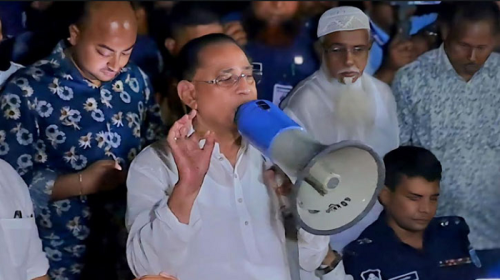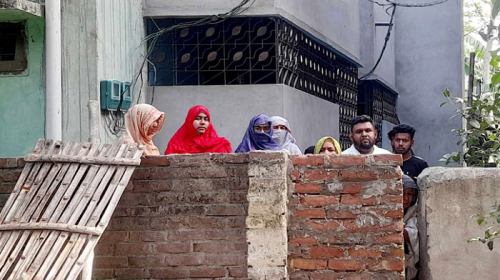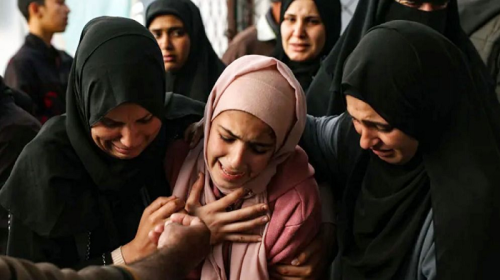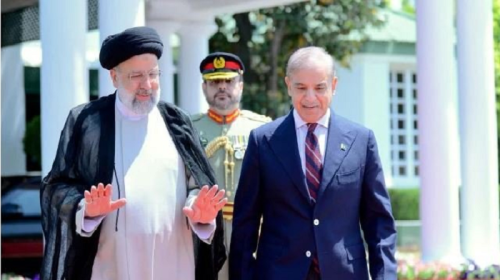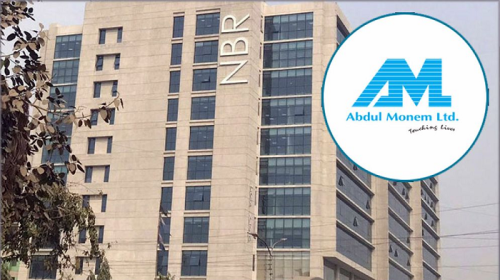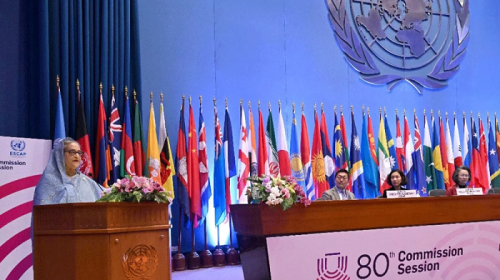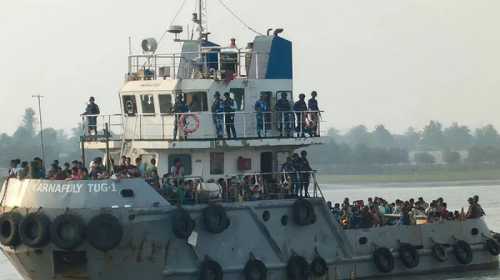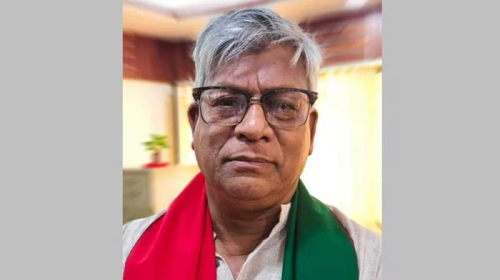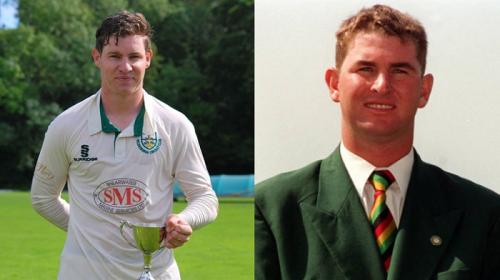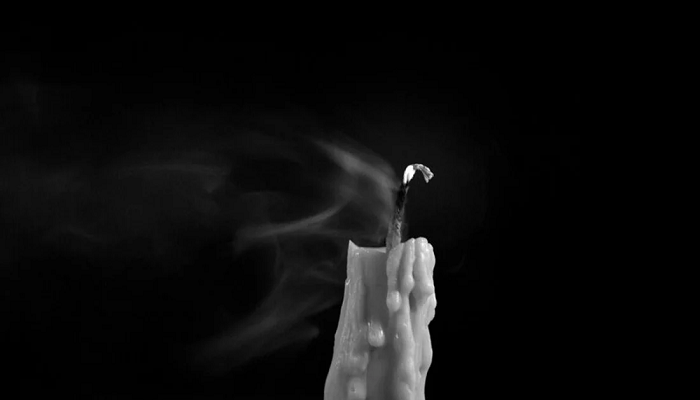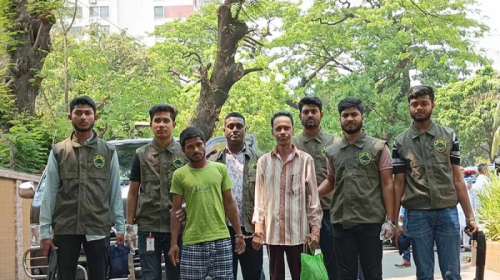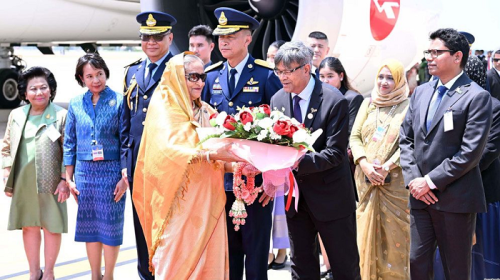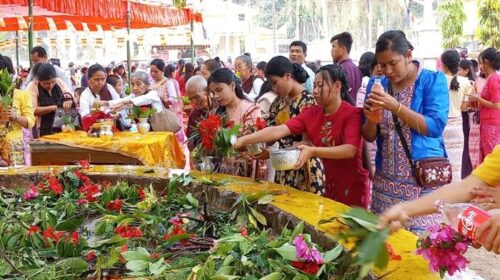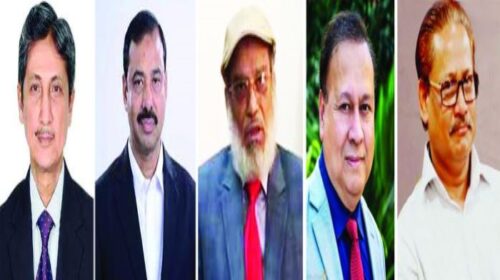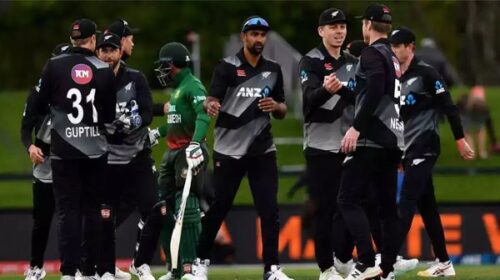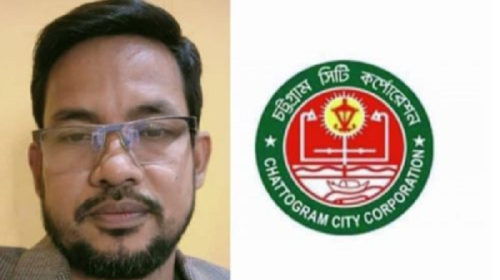The Crime Desk: The entire country will be in darkness for one minute on March 25th, Genocide Day. This program has been undertaken to observe Genocide Day with due dignity. On this day, a symbolic ‘black out’ will be observed across the country from 11:00 p.m. to 11:01 p.m. However, KPIs and emergency installations will remain exempt from this program. On Saturday (March 23), the Ministry of Liberation War Affairs announced this information in a press release.
The program also includes a discussion on Genocide Day on March 25 at 10:30 a.m. at the Liberation War Museum. Genocide and Liberation War-related ballads and cultural programs across the country.
Apart from this, all educational institutions, including schools, colleges, and madrasas, will hold a commemoration and discussion meeting on March 25 in the voices of prominent people and brave freedom fighters. Rare photographs and documentaries on the genocide will be circulated in the minipolls of all city corporations, including Dhaka.
Special prayers will be offered in all mosques and other places of worship on this day except at Zohar or at convenient times to seek forgiveness of the souls of those killed on the night of March 25, 1971.
Similar programs will be held at the district and upazila levels and at Bangladesh embassies abroad to highlight the significance of the day.
The night of March 25, 1971, was one of the worst. The barbaric Pakistani army was rejoicing that night in the worst massacre in human history. Dhaka city was in ruins. Even after so many years, the night of such terror did not come again on March 25.
On March 25, 1971, they wanted to suppress the Bengali nationalist independence movement through armed attacks through a planned massacre by the Pakistani army called ‘Operation Searchlight’.
The massacre was ordered by the West Pakistani rulers as part of a military offensive following Operation Blitz in November 1970.
The real objective of the Pakistani military operation on March 25 was to capture all the major cities of independence-seeking Bangladesh and East Pakistan. Apart from this, the political and military opponents will be wiped out within a month.
But the fearless Bengalis resisted. The war for independence started. The massacre of March 25 left Bengalis angry and protesting. Apamar took part in the Bengali Armed Liberation War and started the Liberation War of Bangladesh. The Bengalis engaged in a struggle to drive out the occupying Pakistani forces. As a result, independent Bangladesh was established on December 16, 1971, with the unconditional surrender of the Pakistani army.
The 25th March is associated with the successive phases of the Bengali political struggle. After years of intense mass agitation, the Awami League, under the leadership of Bangabandhu Sheikh Mujibur Rahman, won an absolute majority in the 1970 elections. Then the Bengalis naturally expected that there would be a change of power. The Awami League will form the government according to six points. But on February 28, 1971, the then President and Army Chief Yahya Khan adjourned the proceedings of the National Assembly until March at the instigation and pressure of the PPP’s Zulfikar Ali Bhutto.
The PPP’s Zulfikar Ali Bhutto also said that he wanted to keep Bengalis out of power. The Awami League organized a mass meeting on March 7, 1971, to protest this suspension. Bangabandhu’s historic speech was such a success that the public gathering was so successful that the government of Pakistan was reduced to military cantonments and government institutions in East Pakistan, and the entire country came under the leadership of Bangabandhu.
In such a situation, General Yahya came to Dhaka in the middle of March to meet with Bangabandhu. Bhutto then joined him. But instead of handing over power to the Awami League, they started talabahana in the name of negotiation. The West Pakistani ruling class feared that a popular transfer of power to Bangabandhu would diminish the authority of the Pakistan People’s Party. For this, Pakistani generals secretly supported the PPP’s Bhutto. In the end, the army attacked the entire Bengali nation to deprive Bengalis of their legitimate right to political power.
According to historical accounts, Major General Khadim Hussain Raza, GOC of the 14th Division, and Major General Rao Farman Ali formulated the basic plan of operation in early March based on the recommendations adopted in a meeting of the Pakistan Armed Forces on February 22, 1971. General Gul Hasan was behind them. According to the decision of the meeting, the 16th Infantry Division from Quetta in West Pakistan and the 19th Division from Kharian were ordered to prepare to move to East Pakistan in mid-February.
Pakistan’s senior military officer in East Pakistan, GOC Lt. General Sahibzada Yakub Khan, and Governor of East Pakistan, Vice Admiral SM Ahsan, were relieved of their duties prior to the operation as they were opposed to military attacks on the civilian population of East Pakistan. General Tikka Khan, condemned as the Butcher of Balochistan, was sent as Governor and GOC of East Pakistan.
On March 17, COS of Pakistan Army General Hamid telephoned General Raza to plan the operation. On the morning of March 18, General Raja and Major General Rao Farman Ali, sitting in the GOC office of Dhaka Cantonment, made a plan for the operation. The plan was written by General Forman in lead pencil on five pages of a light blue office pad.
It was assumed that the Bengali army would mutiny at the start of the operation, so the planners, in talks with President Yahya Khan, proposed disarming the Bengali soldiers before the operation and arresting Bengali political leaders. General Hamid and Lieutenant General Tikka reviewed the plan again on March 20.
The operation finally began in the late hours of the night of March 25 in Dhaka, and other garrisons were alerted by phone calls to begin their operations at zero hour (the predetermined time of the start of the operation). Rao Farman Ali was in command of the troops in Dhaka, and General Khadem Hossain Raja was in command of the troops in all other places. General Tikka and his officers were present at the 31st Command Center to oversee everything and to assist the officers of the 14th Division.
The March 25 massacre is the most infamous military attack on unarmed people in world history and is a burning testimony to the brutality of Pakistani forces. Despite the devastation and killings of March 25, the rise of the Bengali nation like a phoenix and the achievement of independence by defeating the invaders through the armed liberation war are rare and historic events in world history.
American journalist Robert Payne wrote about the night of March 25. Seven thousand people were killed that night. Three thousand more were arrested at this time.



